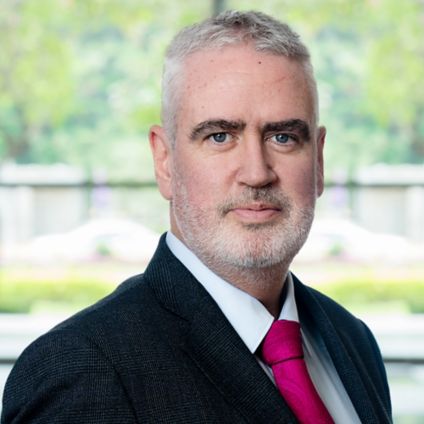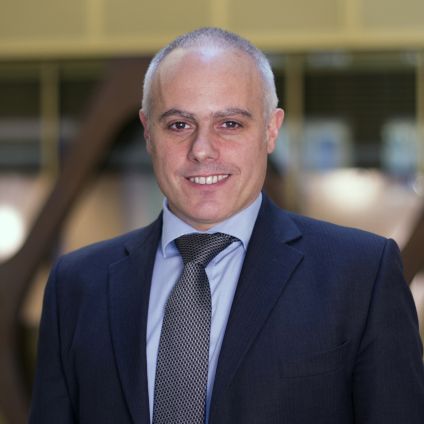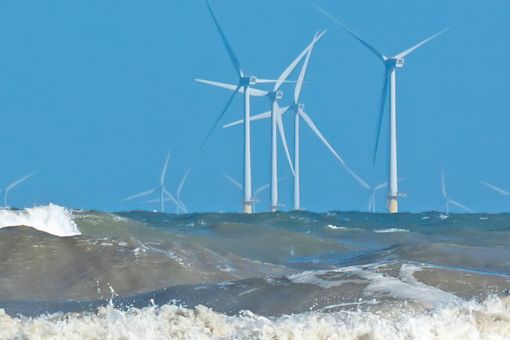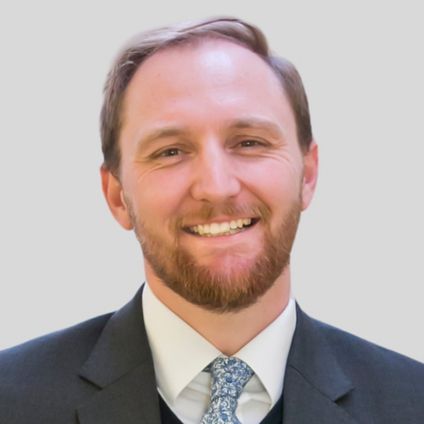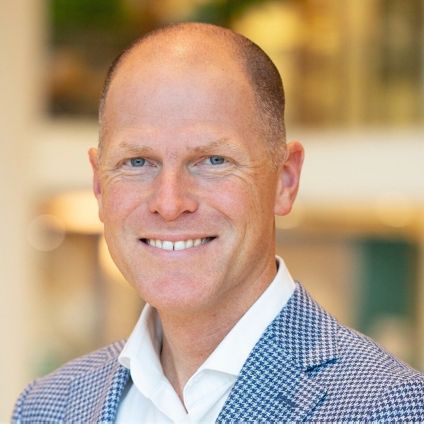A net-zero world is dependent upon renewable energies to replace traditional power sources. But there is a threat to supplies of the mined mineral and metals that drive these green technologies. Despite abundant reserves, however, access to these crucial resources has become highly politicized, with geopolitical power anticipated to shift from oil-dominated to metal-dominated countries. With a relatively small number of nations holding deposits, competition for these vital resources will be high as governments seek energy security.
Additionally, mining is under increasing pressure to become more sustainable. The materials require huge amounts of energy, labour and effort to extract, refine and consume, which can damage the environment and reduce biodiversity, and can be subject to poor working conditions.
Such potentially weak links in the supply chain don’t just impact the energy industry. They also affect sectors dependent on green technologies and energy storage solutions, such as infrastructure, transport and automotive, as well as those competing for resources that have multiple applications, such as industrial manufacturing and life sciences.
In our latest report, Resourcing the energy transition: Making the world go round, we explain how the circular economy can help address these challenges. Reusing, recycling and repurposing metals and materials can contribute to surety of supply, and potentially reduce waste, pollution and carbon emissions by minimizing the need for extraction.
Download the full report.
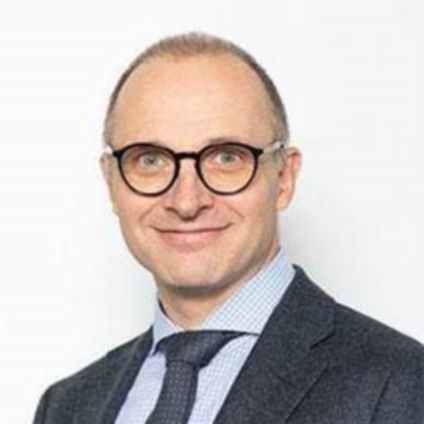

The circular economy and climate change mitigation are intrinsically linked. While greater circularity will reduce emissions, it’s also critical to ensure that the rapidly expanding renewable energy grid is designed, installed and deployed using regenerative principles. We must avoid creating an energy infrastructure waste crisis in 20 years while solving today’s climate emergency.

Federico Merlo
Managing Director
World Business Council for Sustainable Development



